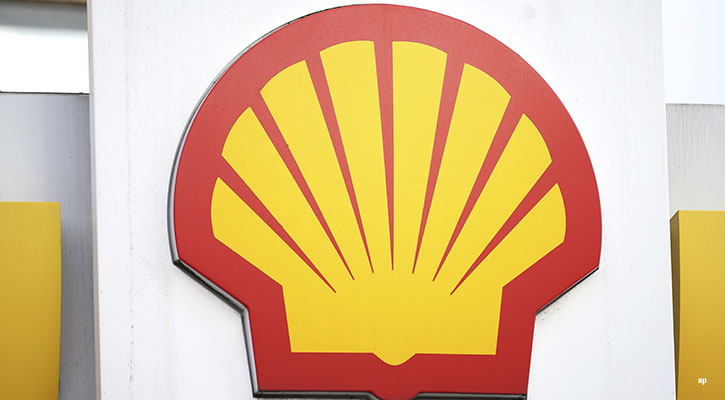Lloyds Banking Group announced Friday that it had reached a new deal with the UK Treasury under which the Treasury would insure £260 billion of Lloyds' assets in exchange for an increased voting and economic stake in the company. While we are deeply disappointed to see what has become of the traditionally conservative, stable Lloyds TSB, the move came as no surprise--the government already owned a 43% stake in the company and we had previously noted that more complete nationalisation was a material risk for the company. We are keeping the bank unrated, as we think its future remains very murky.
The deal consists of two main parts: the conversion of the Treasury's £4 billion of preferred shares into common stock and Lloyds' £15.6 billion purchase of insurance on £260 billion of assets on its balance sheet. The preferred shares will convert at 101% of their issue value, plus accrued dividends, into common shares at 38.4p per common share. Common shareholders will have the opportunity to claw back their stake in the company by buying up these new shares at the offer price. However, we doubt that a substantial number will do so, as the offer price represents only a small discount to the market price. Assuming that no shareholders participate, the government's stake will increase to 66%, giving it a controlling stake in the company. Lloyds will pay for the asset protection insurance by issuing £15.6 billion of new non-voting Class B shares, which will carry a dividend equal to 125% of the common dividend. While these shares won't increase the government's voting stake, they will increase its share of economic interest in the company to a whopping 77%.
While we agree with Lloyds' assessment that the HBOS acquisition will leave it with an attractive footprint when the financial crisis abates, we are deeply disappointed by how far the mighty Lloyds has fallen. The traditionally conservative Lloyds did a shockingly little amount of due diligence before it purchased HBOS. Some 83% of the assets insured under the scheme come from HBOS, which was heavily involved in risky corporate and commercial property lending. Moreover, we're not certain the worst is over for Lloyds' shareholders. At best they are left holding a government-controlled bank, which could be pressured into uneconomic, policy-oriented business decisions. At worst, they could be left with even less--the deal will leave Lloyds with about £25 billion of capital and the obligation to absorb the first £25 billion of losses, plus 10% of additional losses. If losses were to come anywhere near that level, Lloyds would be forced to seek new, even more costly, government assistance.
Erin Davis is a Morningstar analyst based in the US.
























